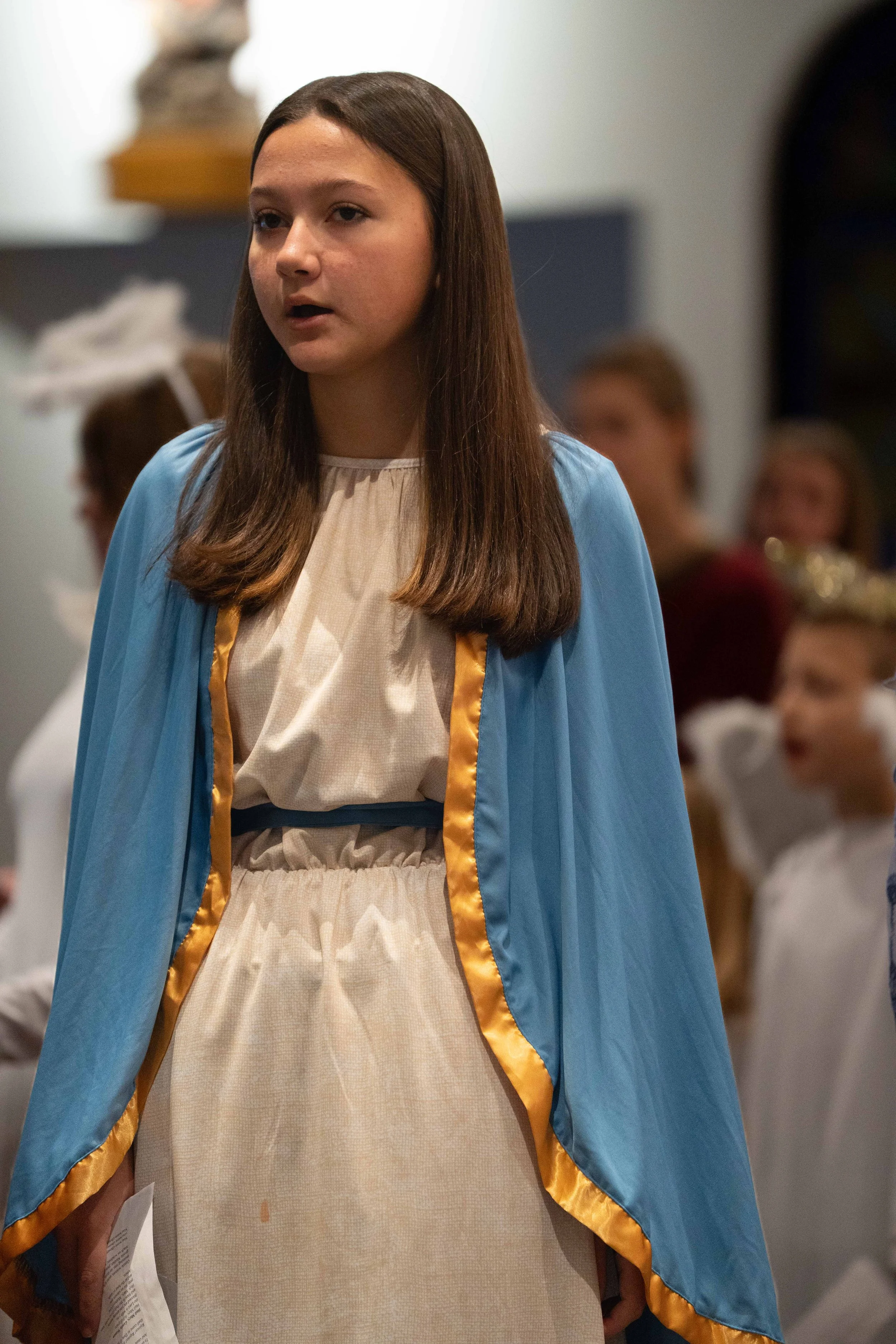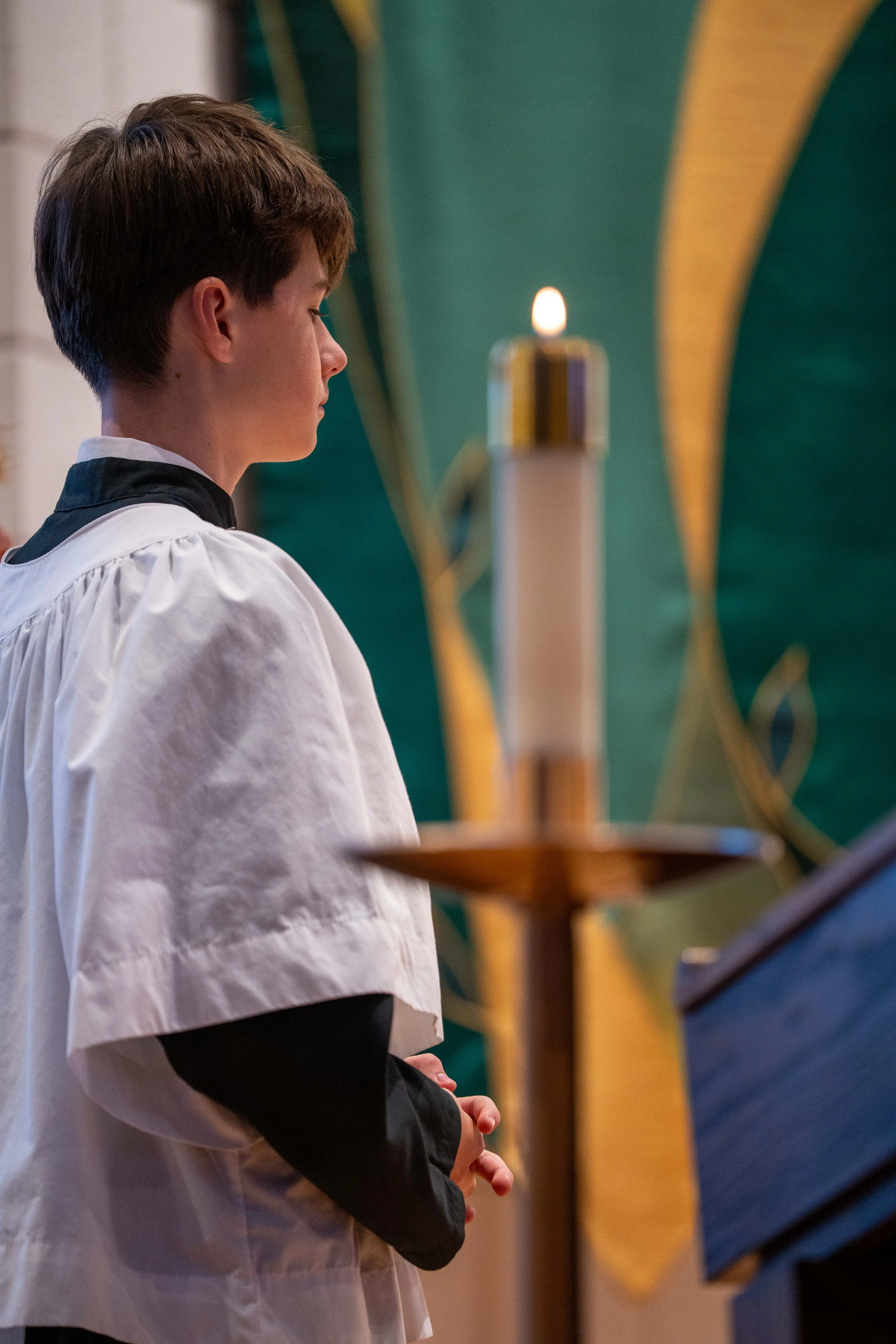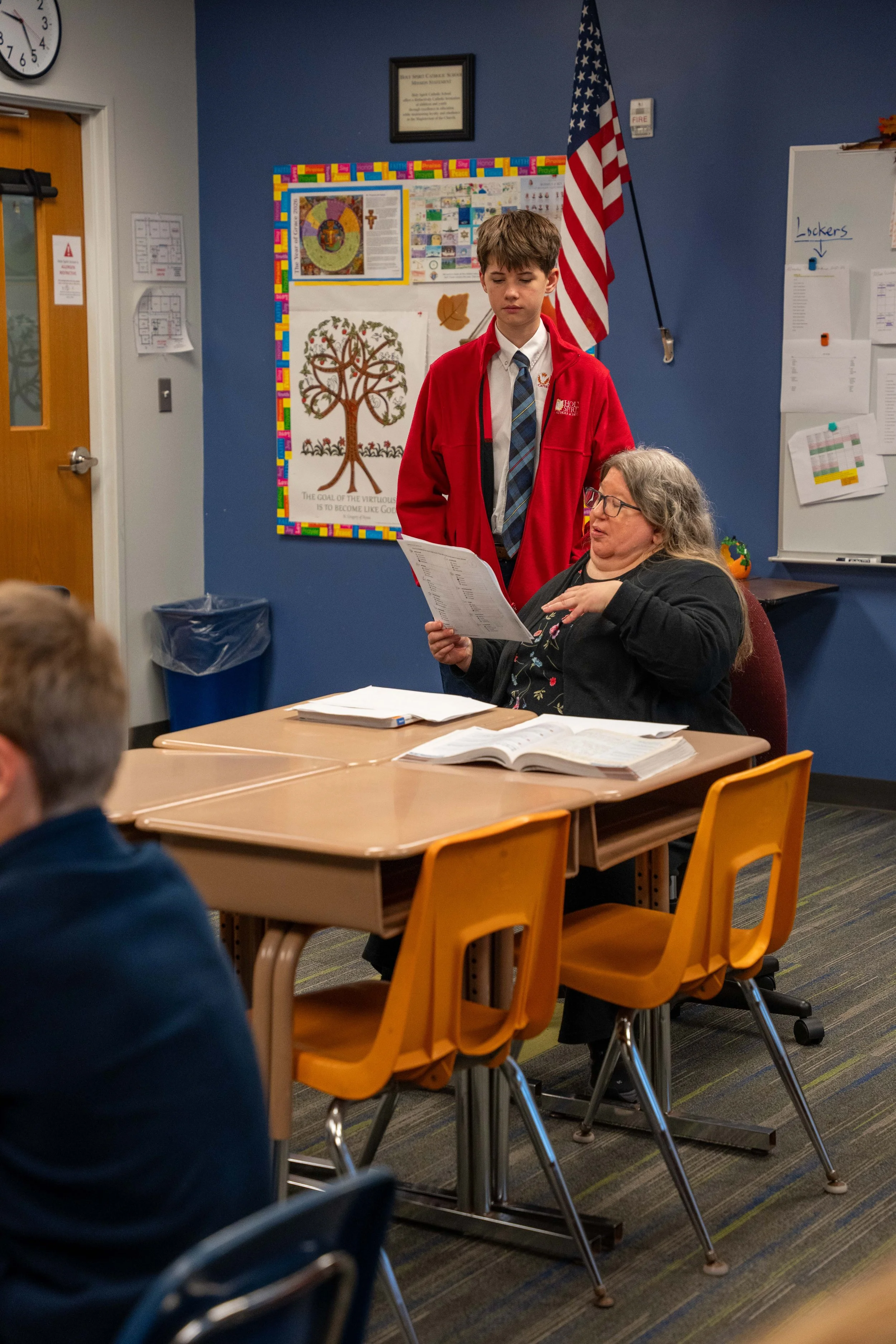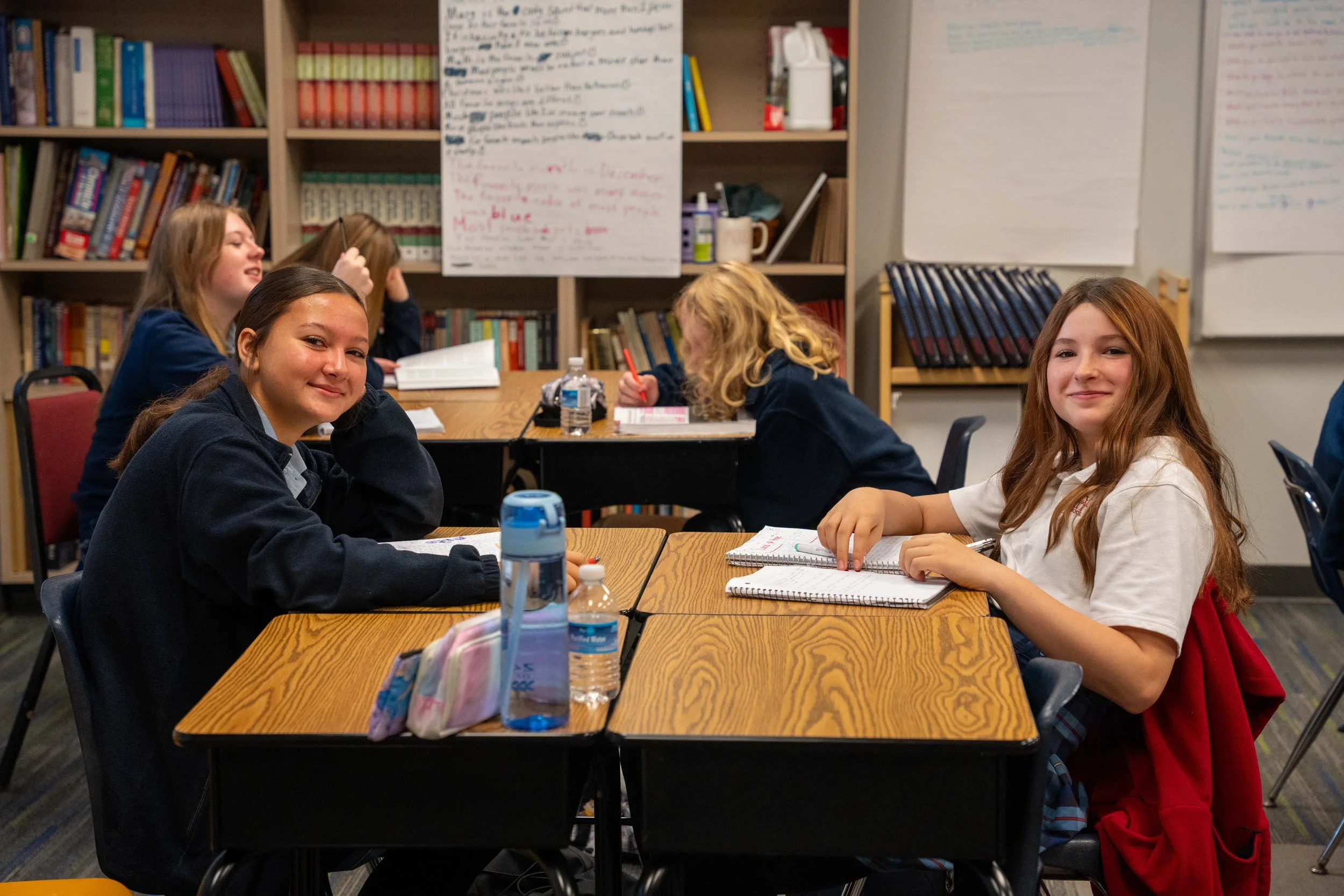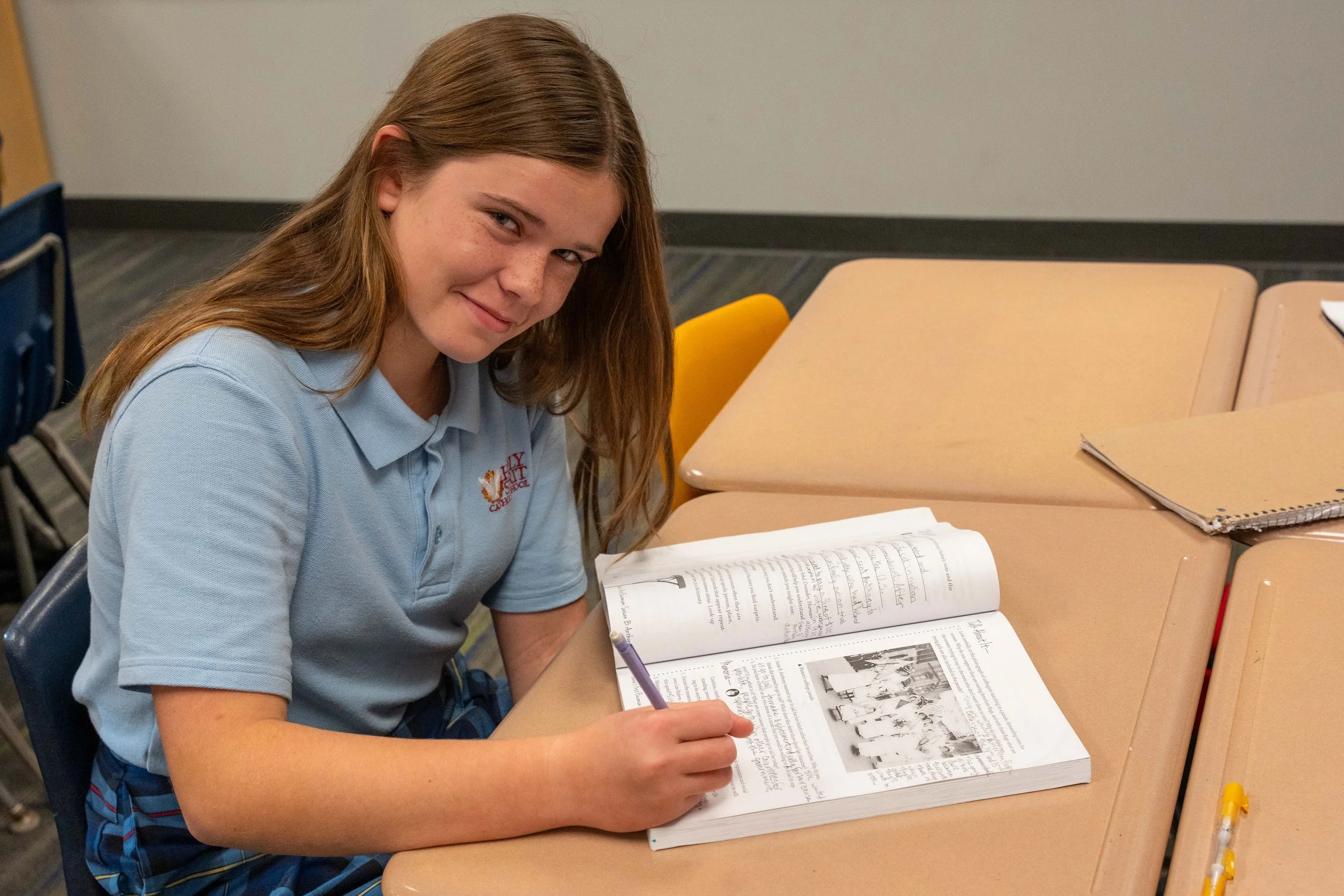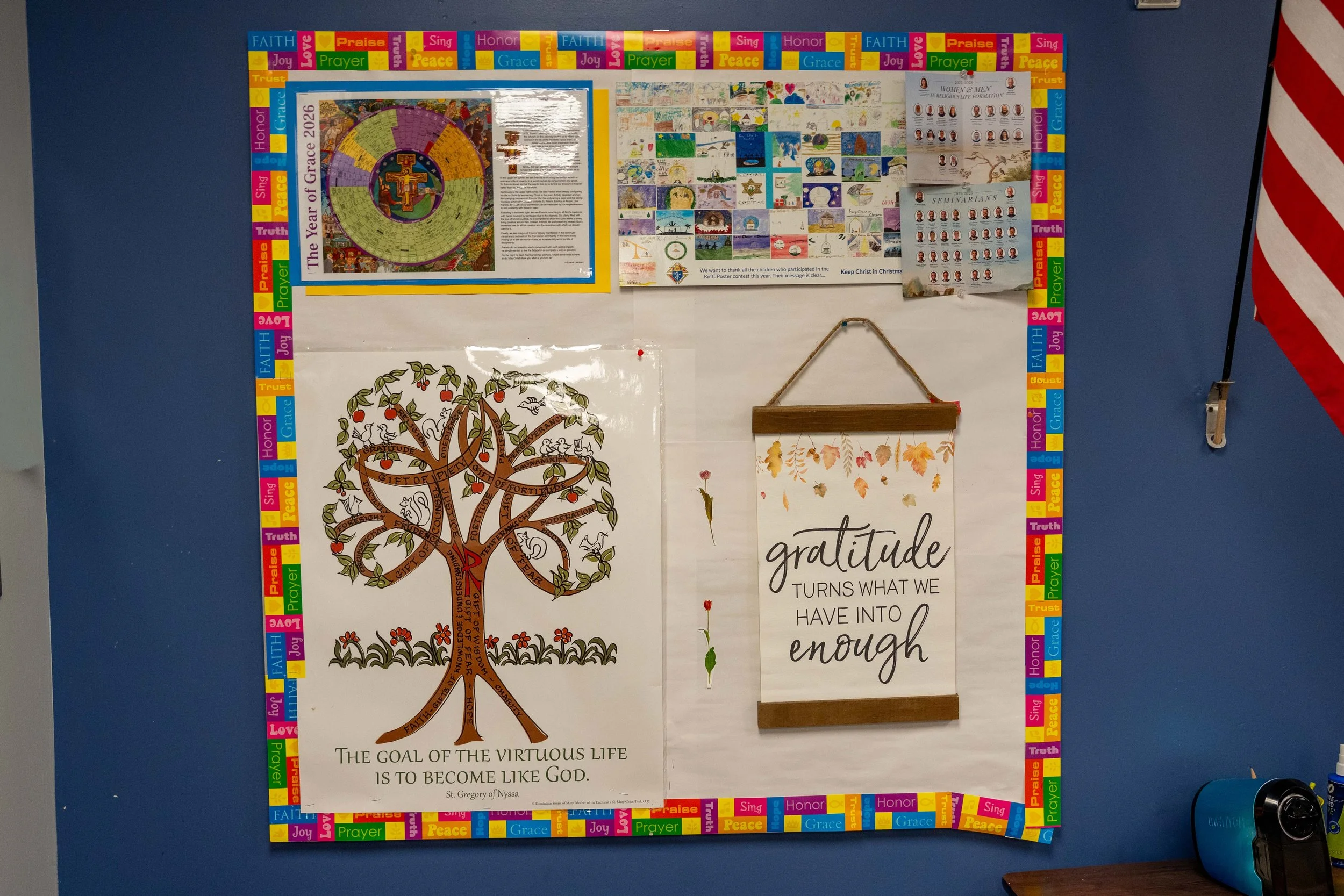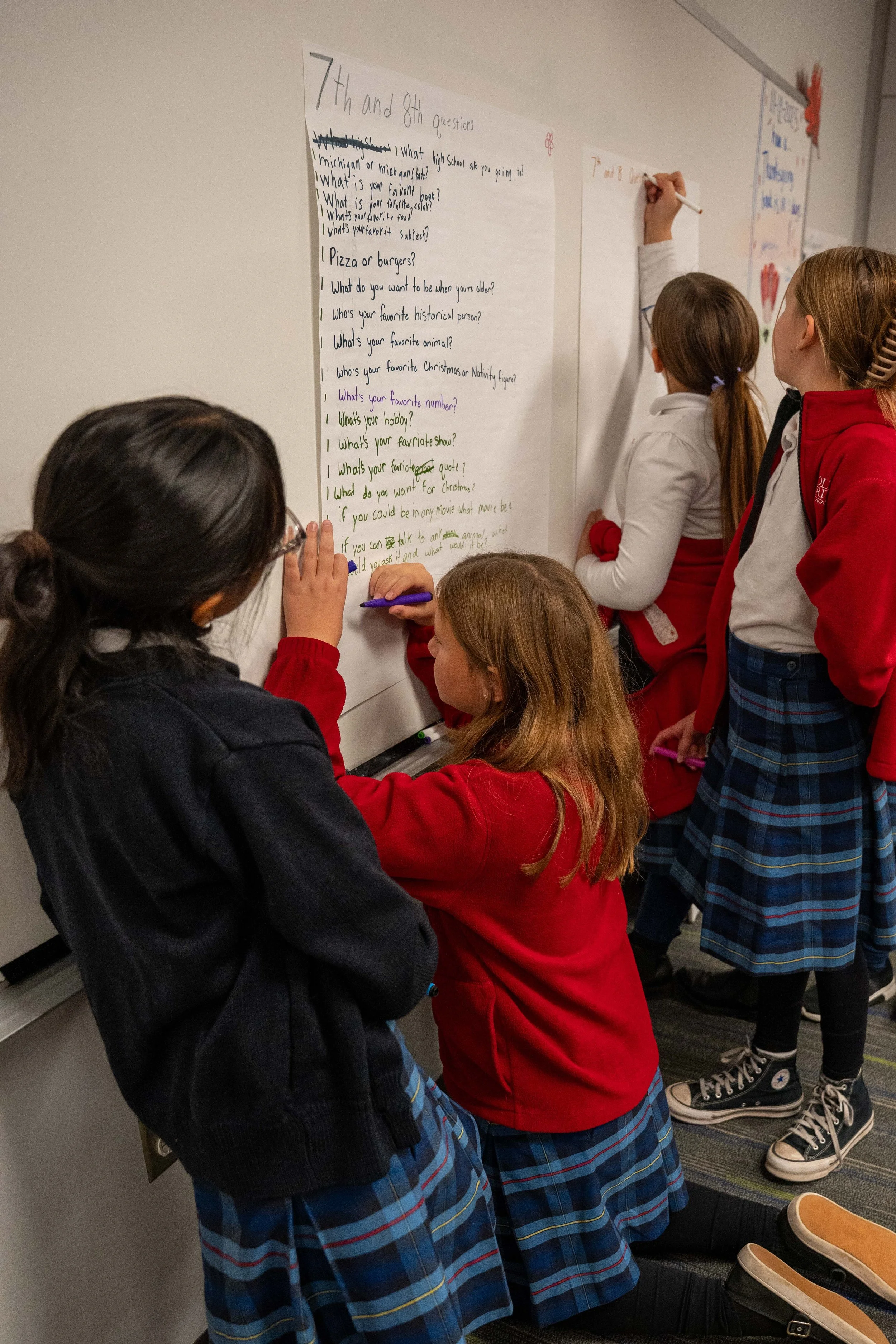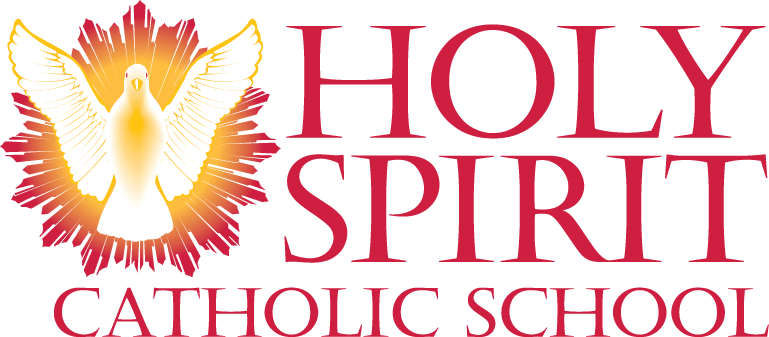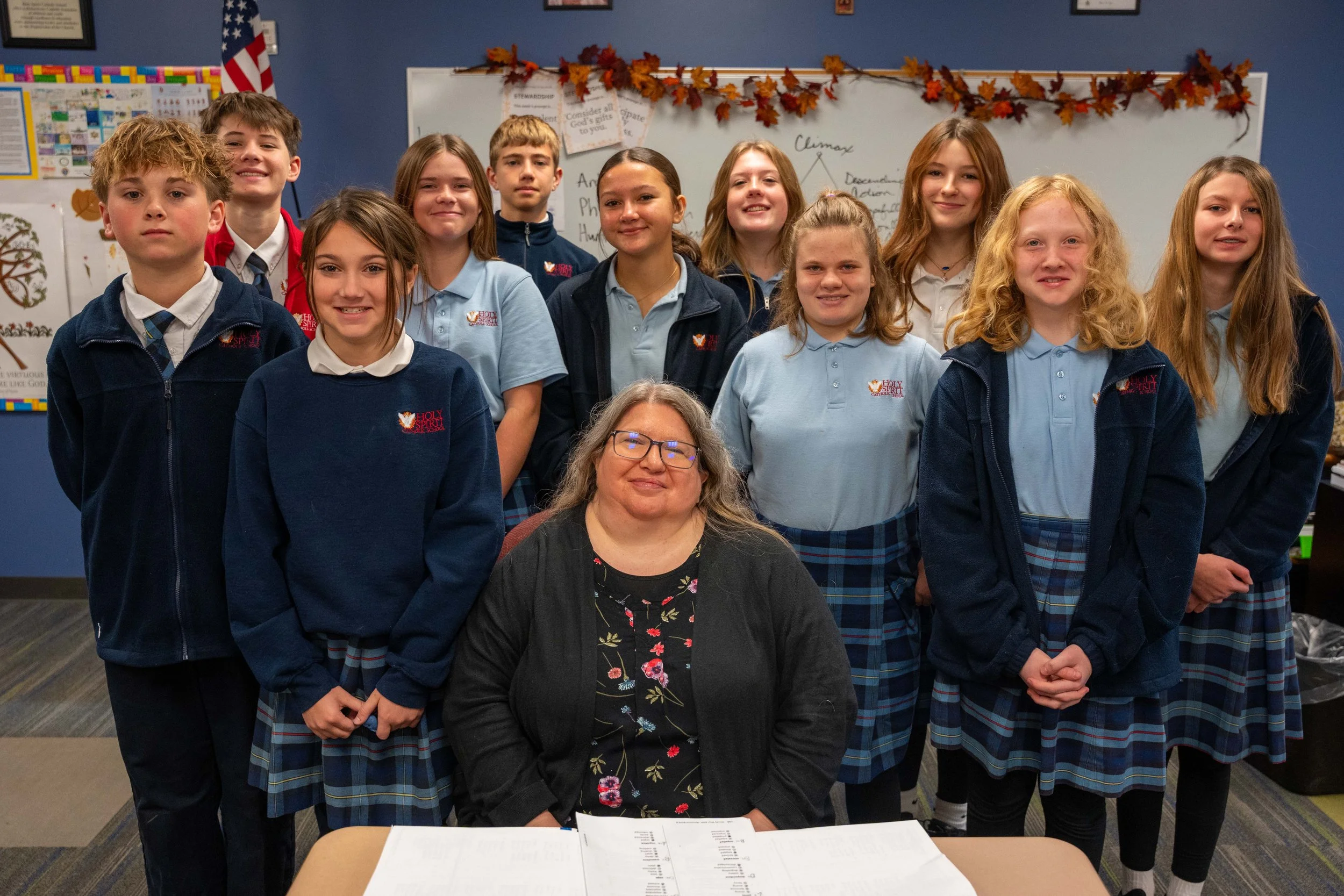
Welcome to Miss Wilson’s!
Grades 5 & 6 Curriculum
Spelling and Vocabulary
Building Vocabulary Program
This program focuses on students learning from a part to the whole approach to better understand the meaning of words.
Students learn that words have prefixes, base/roots, and suffixes, and these word parts have meanings that impact the definition of the word when they come together.
Students learn that many English language words have their roots (prefix, base/root, suffix) in Latin and Greek words
Grammar
Easy Grammar
Units on prepositions, verbs, nouns, pronouns, adjectives, adverbs, conjunctions and interjections, sentence types, capitalization, and punctuation.
Writing
Writing is a personal process and is best taught, as much as possible, to individuals and not to a class. To that end, the best way for students to become better writers is to have many opportunities to engage in various writing styles and have individual conferences with each other and the teacher so that they learn and grow as writers.
Students will work on sentence and paragraph writing skills during their two years in this classroom, especially introductory paragraphs, concluding paragraphs, five-paragraph essays, and writing strong and effective thesis statements they develop in their paragraphs.
Students will write the following types of essays: descriptive, narrative, process, persuasive, compare/contrast, informative, expository, and research. Please see more information about student writing under literature/comprehension.
Literature & Comprehension
Reading instruction in grades 5-8 is designed around novel studies, using an anthology for reading short stories and poetry.
Novel studies are chosen to cover a variety of genres and cross-curricular opportunities. They provide rich opportunities for class discussions, developing higher-order thinking skills. Students go beyond basic comprehension and story languages such as character, plot, and setting and begin understanding and appreciating a writer’s craft on a much deeper level, identifying character motivation, recognizing foreshadowing, and developing their ability to make more accurate predictions for what will happen next.
Students need to get introduced as early on as possible to poetry. Poets use language in many unique ways. What identifies a piece of writing as a poem includes a broad range of attributes. Students will continue to study poetry throughout high school, and most will happen in college as well. An introduction at these levels provides a solid foundation from which to build.
Religion
Each year in religion, students study and continually dig deeper into Salvation History, including reading from the Old and New Testaments, learning about God’s plan for our salvation, and how we are called to work with Him to attain our salvation, helping others as well.
Students also revisit the basic truths and concepts of our Catholic Faith each year in studying the Ten Commandments, the Beatitudes, the Spiritual Works of Mercy, the Corporal Works of Mercy, Catholic Social Teaching, the Precepts of the Faith, the Mass, and the Sacraments.
Students in fifth grade join the other fifth grade students across the Diocese of Lansing in taking the diocesan religion test for fifth grade in the spring, which helps assess our diocesan curriculum and its implementation and keeps it current and effective.
Spelling and Vocabulary
English from the Roots Up Program
This program focuses on students learning from parts to the whole approach to better understand their meaning.
Students learn that many words in the English language have their roots (prefix, base/root, suffix) in Latin and Greek words. By learning these Latin and Greek words, they can more readily read and define a variety of previously unfamiliar words.
Grades 7 & 8 Curriculum
Writing
Students enter this classroom proficient in writing five-paragraph essays from their time spent in the grades 5 and 6 classrooms. They continue to work on writing thesis statements and effectively developing them in their essays. Student essays grow in length, and students continue to develop skills in organizing their thoughts and presenting them in interesting and engaging ways, like using transitional words and a wider range of vocabulary.
Students will continue to develop as writers through writing the following types of essays: descriptive, narrative, process, persuasive, compare/contrast, informative, expository, and research. Please see more information about student writing under literature/comprehension.
Grammar
Easy Grammer Ultimate Series
Daily work consists of practice with capitalization, punctuation, and sentence writing skills, along with various activities emphasizing and reviewing parts of speech and how they come together to form sentences and can be used to enhance sentence writing.
Literature and Comprehension
Reading instruction in grades 5-8 is designed around novel studies, using an anthology for reading short stories and poetry.
Novel studies are chosen to cover a variety of genres and cross-curricular opportunities. They provide rich opportunities for class discussions, developing higher-order thinking skills. Students go beyond basic comprehension and story languages such as character, plot, and setting and begin understanding and appreciating a writer’s craft on a much deeper level, identifying character motivation, recognizing foreshadowing, and developing their ability to make more accurate predictions for what will happen next.
Students need to get introduced as early on as possible to poetry. Poets use language in many unique ways. What identifies a piece of writing as a poem includes a broad range of attributes. Students will continue to study poetry throughout high school, and most will happen in college as well. An introduction at these levels provides a solid foundation from which to build.
Religion
Each year in religion, students study and continually dig deeper into Salvation History, including reading from the Old and New Testaments, learning about God’s plan for our salvation, and how we are called to work with Him to attain our salvation, helping others as well. During these two years, students will also study the Early Church's years beyond what we have in the Bible.
Students also revisit the basic truths and concepts of our Catholic Faith each year in studying the Ten Commandments, the Beatitudes, the Spiritual Works of Mercy, the Corporal Works of Mercy, Catholic Social Teaching, the Precepts of the Faith, the Mass, and the Sacraments.
Students in eighth grade join the other eighth grade students across the Diocese of Lansing in taking the diocesan religion test for eighth grade in the spring, which helps assess our diocesan curriculum and its implementation and keeps it current and effective.
In seventh grade, students begin the two-year Confirmation preparation process, which is completed in the spring of their eighth-grade year.

